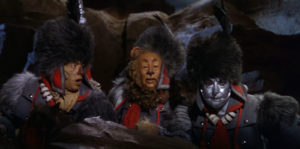
Instead of Wild at Heart, many throughout Lynch/Oz try to frame the films in Lynch’s Psychogenic Fugue trilogy as the most Oz-like, particularly Mulholland Drive. There are claims that the conflicting realities match differences between the Kansas world and the land of the Emerald City. This is just not correct. Psychogenic fugues, as defined in Richard Neely’s The Plastic Nightmare, are when someone’s life becomes unlivable due to something that happened to them or something they have done. They become an entirely different person to deal with the trauma.
Lost Highway co-writer Barry Gifford reprinted Neely’s pulp novel under his Black Lizard Press imprint. According to interviews, the fugue concept was the thematic core of his collaboration with Lynch. So when characters become different people, like Laura Dern’s movie star reverting back into a street person in Inland Empire, they are not changing locations to a magic land. They are changing identities because they hate themselves. Dorothy never stops being Dorothy when she goes to the yellow brick road. There is no appropriate equivalency unless Dorothy is really a girl with a different name who murdered her Aunt and Uncle in Kansas for what they did to her at night.
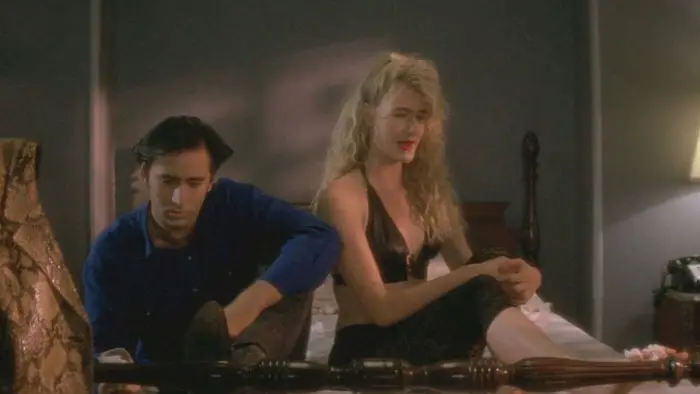
“…you will not find a wizard. You will find nothing at all.”
All the blame falls squarely on Philippe’s shoulders. He forces the talented people he interviews to narrowly lock on to ideas with a lack of depth. It isn’t their fault that they have been spotlighted to theorize on one of the most obscure talents ever. Waters has the most insight as he really understands how vital The Wizard of Oz was in pop culture in his and Lynch’s generation. The doc’s director does his interviewees one worse by not adding credentials to their names onscreen. I had no idea I was listening to the director of Destroyer, which I respect greatly. I only picked out what Lowery did while watching because he spoke at length about his own work during this screen time.
Meanwhile, Phillipe merely slaps all the audio together with no questions and puts clips over it. It is a very lazy method of filmmaking. It is like his vision of the pinnacle of cinema art is the That’s Entertainment trilogy. Lynch famously refuses to explain the meaning behind his films. I used to find this stance frustrating, but after enduring Lynch/Oz, I now appreciate it. Not only did I have no new insight into Lynch’s Oz obsession, I realized it is the mystery of it that makes it so enticing. Behind the pseudo-intellectual curtain of Philippe’s pseudo-documentary, you will not find a wizard. You will find nothing at all.
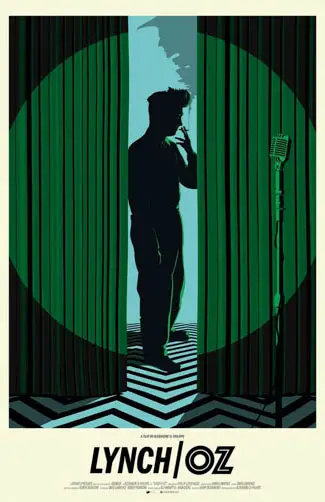
"…[John] Waters has the most insight..."
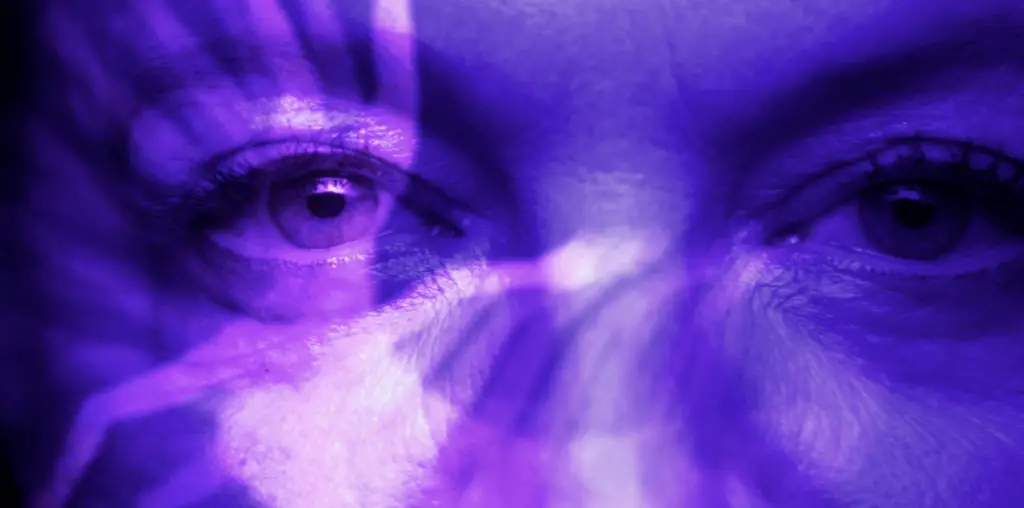
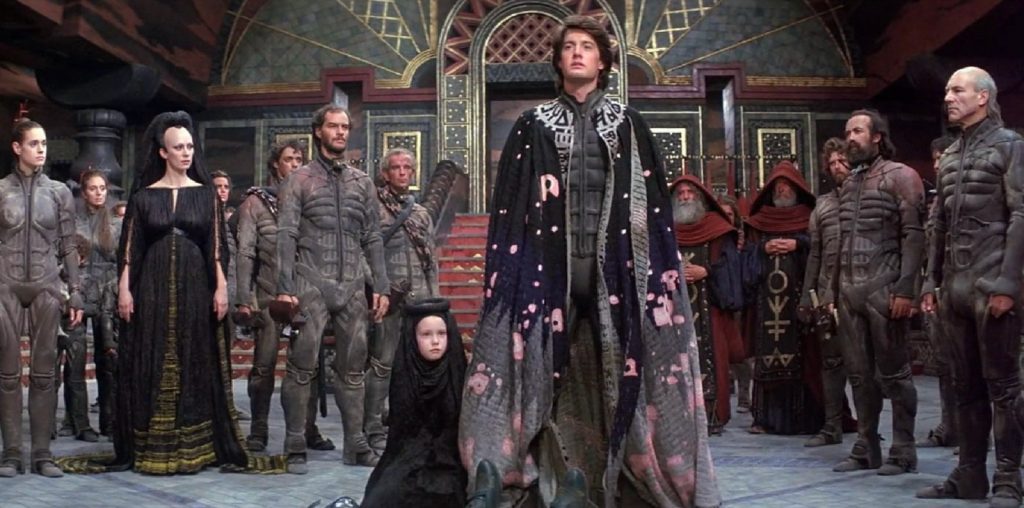
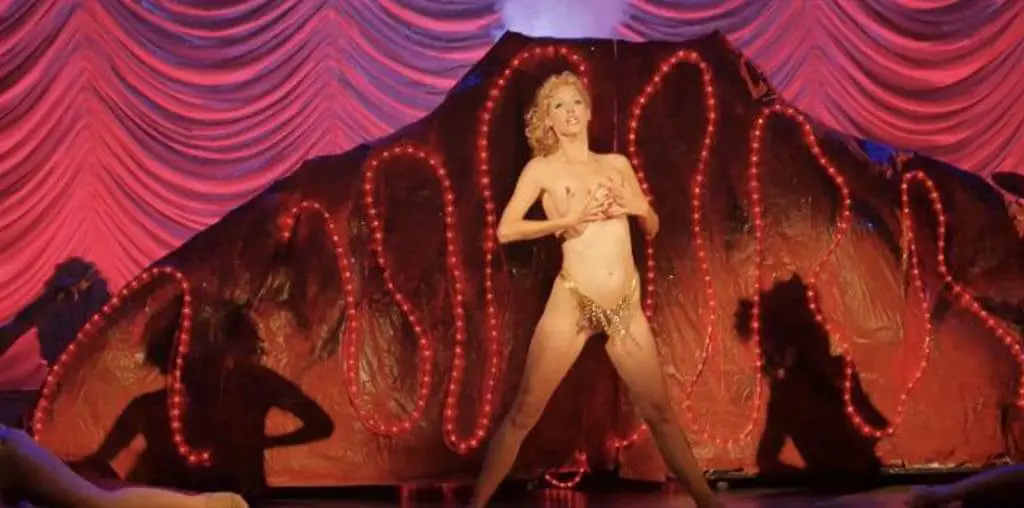
Ugh, this sounds as tiresome as Room 237. Sounds like They should both get Shoehorn Awards. I’ll probably watch this one to verify the awfulness, but I’m glad to have some forewarning.
[…] Source link […]